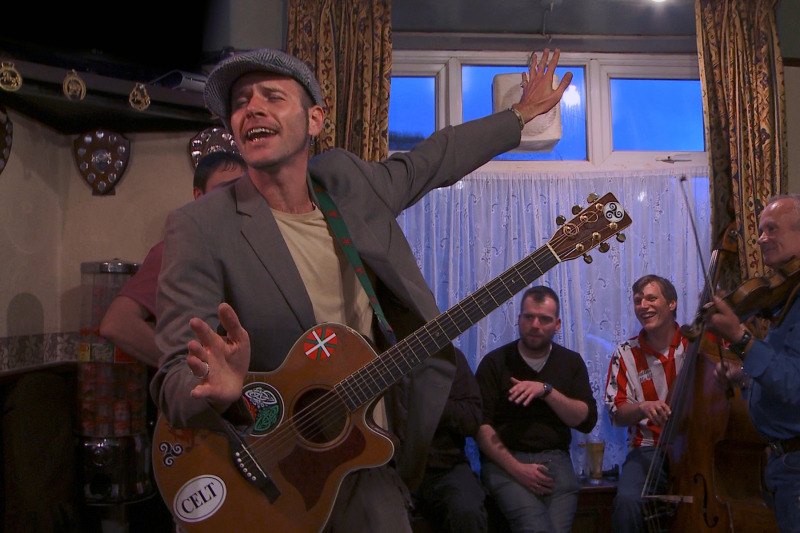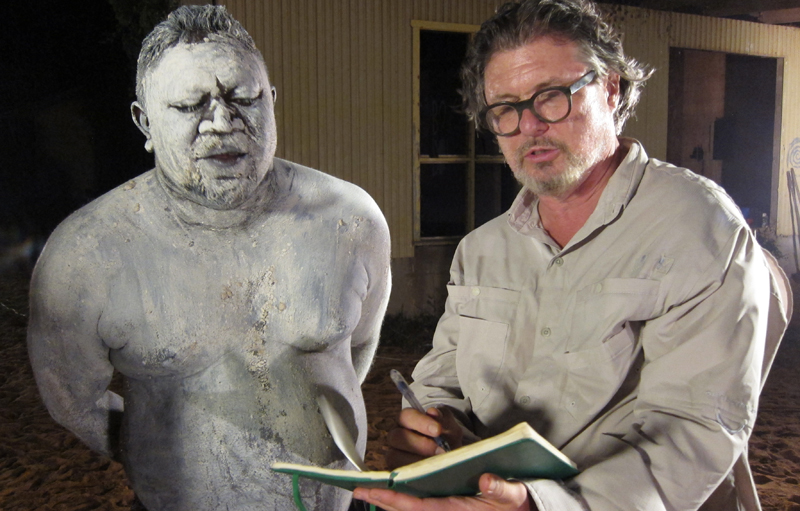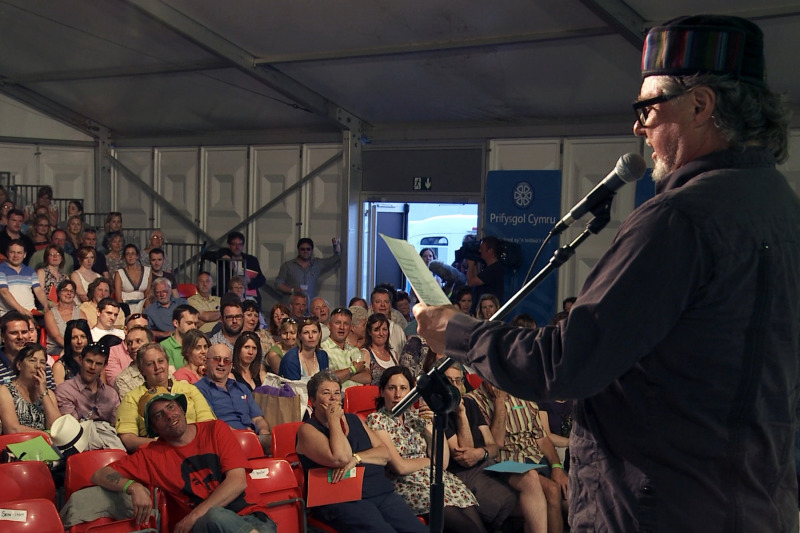Bob Holman is a word man. His decades of frenetic activity in the slam poetry, hip-hop and spoken-word scenes once led Henry Louis Gates, Jr. to call him “the postmodern promoter who has done more to bring poetry to cafes and bars than anyone since Ferlinghetti.”
Now, Holman is pouring his love for words into a movement to save the world’s endangered languages. There are roughly 6,500 languages spoken around the world today; linguists estimate that by the end of the century, that number could be cut in half. That’s right: Some 3,000 languages could soon pass away from this sweet earth.
“Every language contains a singular way of looking at the world,” Holman tells me by email. “The brain may be infinite, but we’ve only been able to invent 6,000 of these ways of looking at things. To lose one of these is a tragedy.”

The precipitous disappearance of mother tongues is the subject of Language Matters with Bob Holman, a new documentary by David Grubin that airs nationwide on PBS in January (Jan. 25, 6-8 pm on KQED). Holman and Grubin will be at the Exploratorium on Saturday, Jan. 24, to screen excerpts from the film with language activists from the Bay Area’s Hawaiian and Native American communities. The native rock band Walan Amana are slated to play music in the Nisenan language from the Sierra Nevada, Vincent Medina will perform in Ohlone, a Bay Area Indian language, and Carolyn Melenani Kuali`i and other Hawaiian artists will sing and dance Hawaiian meles, or chants. Other linguistic surprises will be in store as well at the event, which is co-sponsored by Heyday Books, the Center for the Art of Translation, Pacific Islanders in Communications, and KQED.
Like shrinking biodiversity, the problem of endangered languages is shocking, but as the Exploratorium event will show, efforts to keep languages vital are profound and filled with joy. Imagine if the language in which your mother sang lullabies were no longer, or rarely spoken, and then one day people started to sing it again. (English is so dominant that it’s hard to imagine it disappearing, but if the language of “Hush Little Baby” were to go away, I wouldn’t know my own soul.)



